Family Sponsorship
Canada believes that family is important and that you and your loved ones should be together.
Therefore, its immigration policies support family reunification, allowing both permanent residents and Canadian citizens to reunite with family members.
People who can be sponsored in the family class include:
- Wife or Husband
- Common law partners (including same-sex couple)
- conjugal partner
- dependent children
- Parents
- Grandparents
- Children adopted from abroad
- and other relatives in special circumstances.
How does the sponsorship process work?
There are two main aspects of the sponsorship process:
1) Allow your family member to emigrate to Canada and obtain permanent residence (PR).
2) It requires that you, as an individual, commit to providing for the basic needs of those being sponsored and support them finically for a prescribed time.
Can I be a sponsor?
To sponsor a family member, you must meet several requirements, such as:
- Be a Canadian citizen or permanent resident of Canada
- Be 18 years of age or older
- Have the financial capacity to support the sponsored person for a certain period of time
Who can I sponsor?
- Spouses and free union
- Dependent children (under 22 if they are not married or in a common law relationship)
- parents and grandparents
However, there are exceptions to this rule and it may be possible to sponsor a non-immediate family member (for example, a sister, niece or uncle) if:
- You do not have any other immediate family members that you can sponsor, or
- You have legally adopted them and they meet the definition of a dependent child.
What are the income requirements to sponsor?
As a sponsor, you must sign a Sponsorship Agreement with your sponsored family member. This is a commitment from you to provide financial support for the basic needs (food, clothing, shelter, and health needs not covered by public health services) of the person you are sponsoring.
For some types of sponsorships, you will also have to meet or exceed the Low Income Limit (LICO), for example, if:
- You are sponsoring a spouse or partner who has a dependent child and the dependent child has one or more children of their own, or
- You are sponsoring a dependent child who has one or more dependent children of their own, or
- You are sponsoring a parent or grandparent.
If you reside in Quebec, you will need to meet the Quebec sponsorship requirements and your income will be assessed by the Quebec Ministry of Immigration.
What is a sponsorship contract?
You will be asked to sign a “contract” making you legally responsible for the family member you are sponsoring. If that family member needs social assistance from the government, you will have to pay this money back.
The Contract will remain in effect for a period of time based on the family member you are sponsoring and will not be canceled even if circumstances change (i.e. if the person you are sponsoring becomes a Canadian citizen, divorces or separates, if you have financial problems).
How to apply for family sponsorship:
Step 1:
Make sure you meet the eligibility criteria to be a sponsor.
Step 2:
Make sure the relatives you want to sponsor meet the eligibility criteria.
Step 3:
You will need to apply at the federal level to the Ministry of Immigration, Refugees and Citizenship Canada (IRCC) and, if you are a Quebec resident, at the provincial level to the Ministry of Immigration, Francization and Integration (MIFI). You must submit your sponsorship application and your relatives’ or relatives’ permanent residence (PR) status applications together. Once you have been deemed eligible to sponsor, your application will be reviewed.
Step 4:
You will be required to pay the family sponsorship application fee.
Step 5:
Send your request to the correct address. You will find this information in the sponsorship guide that is available for download on the government website.




